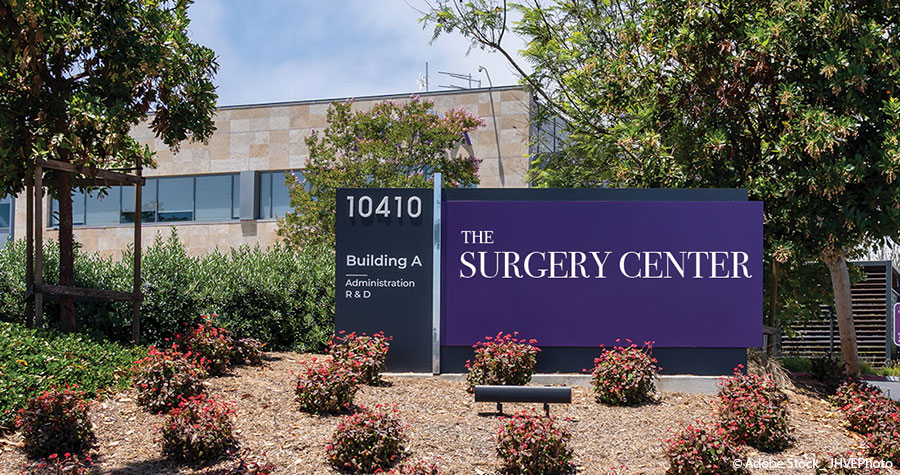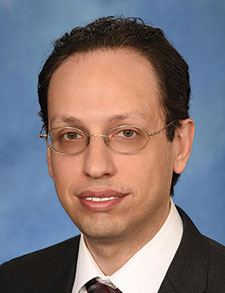Quiet quitting: A new term surfacing over the past several years is putting a contemporary spin on a long-term problem within the workforce.


Quiet quitting: A new term surfacing over the past several years is putting a contemporary spin on a long-term problem within the workforce.


When over-the-counter (OTC) hearing aids debuted two years ago, Justin S. Golub, MD, MS, an otology specialist and associate professor of otolaryngology – head and neck surgery at Columbia University in New York, was enthusiastic.

When otolaryngologists leave clinical practice to pursue other vocations, the reasons for making the move vary, as do the factors that might have prevented the transition.

VBC (value-based care) is coming to otolaryngology offices within the next five years through the Centers for Medicare and Medicaid Services (CMS) initiatives, and otolaryngology needs strategies for responding to how value, outcomes, and cost will be captured and measured

Gig work has generally been on the rise, fueled largely by a shortage of otolaryngologists, ENT physicians’ desire to limit demanding call work that can lead to burnout, and the need to fill the gaps while healthcare systems conduct time-consuming searches to staff vacancies.


Who should care for otolaryngology patients when they present to the emergency department (ED)? And how should the physicians who care for those patients be compensated? Those two questions are at the heart of a conundrum that has escalated over the past two decades.

Physicians who establish or take over existing ASCs are involved in a venture that can allow them to be more cost effective, provide more efficient care, and develop a secondary revenue stream, experts say.

The Triological Society Research Career Development Awards provide funding to otolaryngologists for their research projects at an early faculty stage, before they have received funding from the National Institutes of Health (NIH).